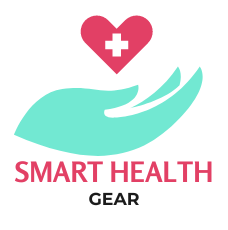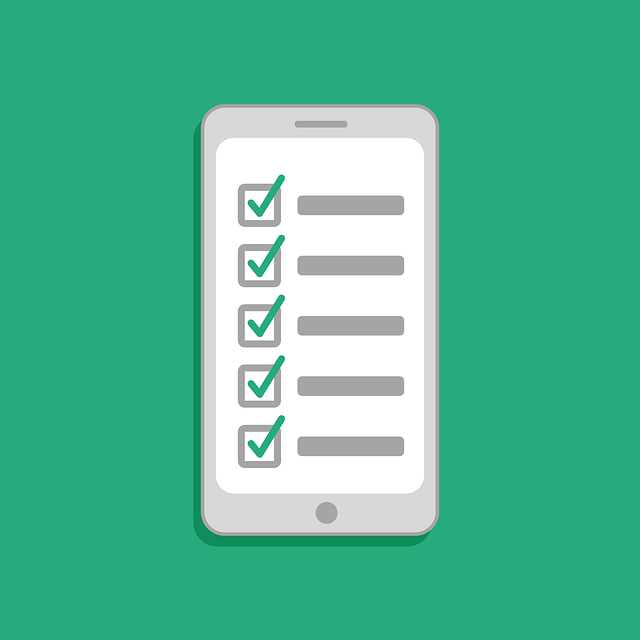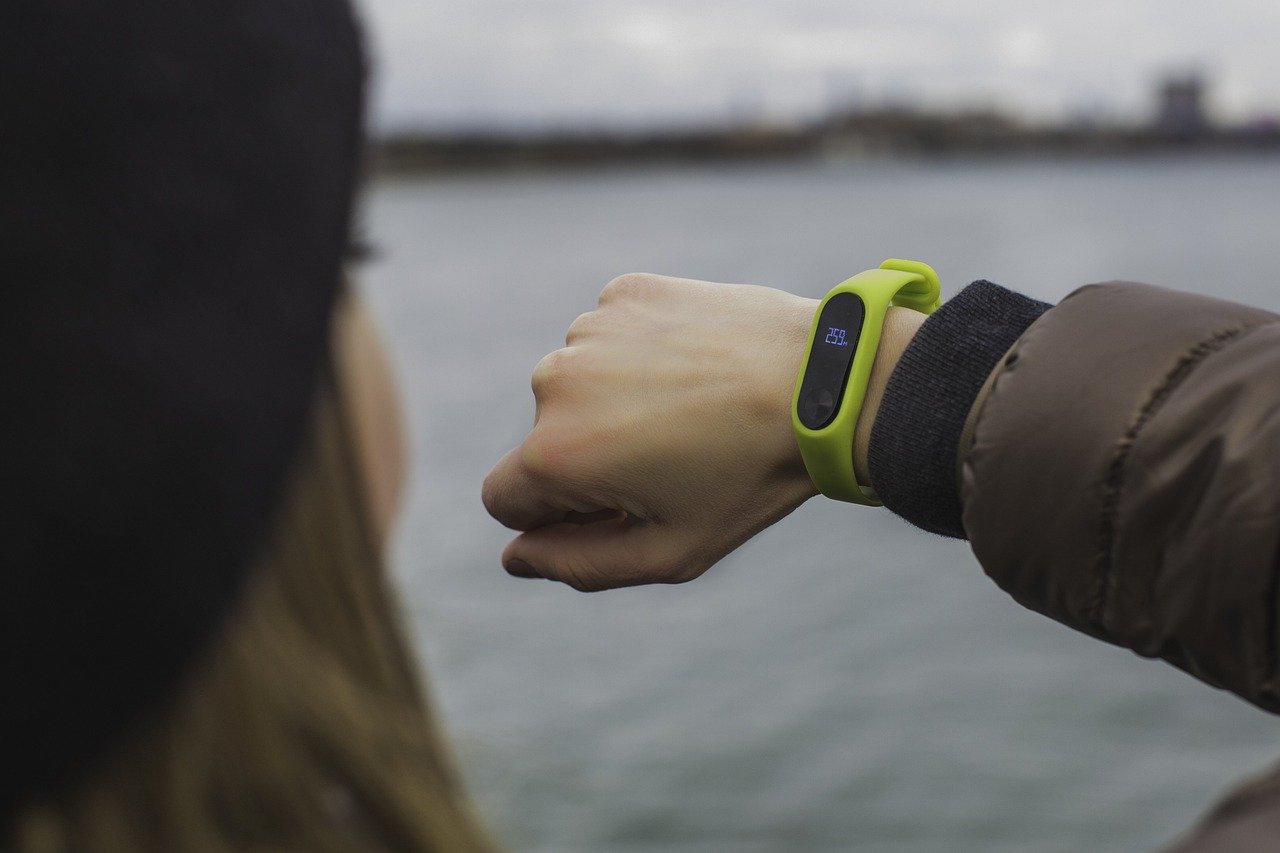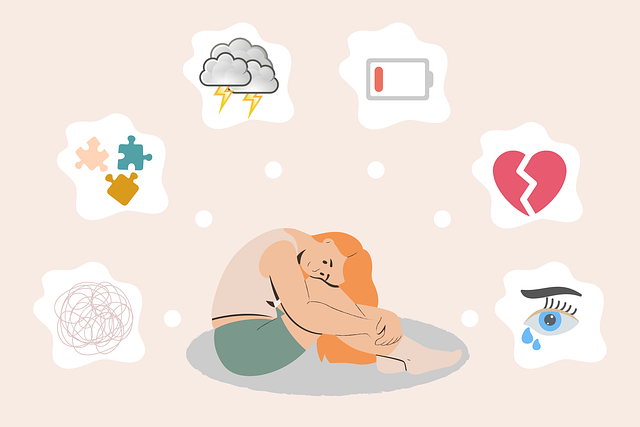Medication Reminder Apps: A Pillar of Modern Healthcare Management
Introduction
Adhering to prescribed medication regimens is crucial for managing chronic illnesses, improving health outcomes, and preventing complications. However, medication adherence remains a significant challenge for many individuals, often leading to poor health outcomes and increased healthcare costs. Medication reminder apps have emerged as effective tools to address this issue, leveraging technology to help individuals remember to take their medications on time and manage their health more effectively. This article explores the features, benefits, technological foundations, and the impact of medication reminder apps on personal health.
The Importance of Medication Adherence
Medication adherence refers to the degree to which patients take their medications as prescribed by their healthcare providers. Poor adherence can result in:
- Deterioration of Health: Failure to take medications as prescribed can lead to worsening of the condition being treated, leading to complications and reduced quality of life.
- Increased Healthcare Costs: Non-adherence often results in more frequent doctor visits, hospitalizations, and additional treatments, escalating healthcare costs.
- Drug Resistance: Inconsistent medication intake, particularly in chronic conditions like HIV/AIDS and tuberculosis, can lead to drug resistance, making treatment less effective.
- Mortality: Non-adherence can increase the risk of death, especially in patients with serious conditions such as heart disease, diabetes, and hypertension.
The Evolution of Medication Reminder Apps
Medication reminder apps have evolved significantly, driven by advancements in mobile technology and the growing need for better medication management solutions. Early versions of these apps were simple alarm clocks or calendar reminders. Modern apps, however, incorporate sophisticated features that provide comprehensive medication management support, from reminders to tracking adherence and offering educational resources.
Key Features of Medication Reminder Apps
- Customizable Reminders: Users can set reminders for different medications, specifying the time, dosage, and frequency of intake.
- Medication Tracking: Apps provide a log to track medication intake, helping users and healthcare providers monitor adherence.
- Drug Interaction Alerts: Some apps alert users about potential drug interactions and contraindications, enhancing medication safety.
- Refill Reminders: Reminders for medication refills ensure that users do not run out of essential medications.
- Health Data Integration: Integration with other health apps and devices provides a holistic view of the user’s health, including medication adherence and related health metrics.
- Family and Caregiver Access: Some apps allow family members or caregivers to monitor the medication intake of their loved ones, providing additional support.
- Educational Resources: Many apps offer information about medications, including side effects, proper usage, and storage instructions.
- Telehealth Integration: Integration with telehealth services allows users to consult with healthcare providers directly through the app for medication-related queries and issues.
Benefits of Medication Reminder Apps
- Improved Medication Adherence: The primary benefit of these apps is to help users remember to take their medications on time, improving adherence and health outcomes.
- Enhanced Patient Engagement: By providing users with tools to manage their medication regimens, these apps promote active involvement in their own healthcare.
- Reduced Healthcare Costs: Better adherence to medication regimens can lead to fewer complications and hospitalizations, reducing overall healthcare costs.
- Increased Safety: Features like drug interaction alerts and educational resources enhance medication safety.
- Support for Chronic Disease Management: These apps are particularly beneficial for individuals with chronic conditions who need to manage multiple medications.
- Convenience: Medication reminder apps offer a convenient and accessible way to manage medications without the need for manual tracking or frequent consultations.
Technology Behind Medication Reminder Apps
The effectiveness of medication reminder apps is underpinned by several technological advancements:
- Mobile Technology: The widespread use of smartphones and tablets makes these apps accessible to a large number of users, providing a portable solution for medication management.
- Push Notifications: Push notification technology ensures that reminders are timely and cannot be easily overlooked.
- Artificial Intelligence (AI): AI algorithms analyze user data to provide personalized reminders, detect patterns of non-adherence, and offer tailored suggestions for improving adherence.
- Cloud Computing: Cloud-based storage allows for the synchronization of data across multiple devices, ensuring that users have access to their medication information wherever they go.
- User Interface (UI) and User Experience (UX) Design: Intuitive and user-friendly interfaces enhance user engagement and make it easier for users to manage their medications.
Impact on Personal Health
Medication reminder apps have a significant impact on personal health by driving positive changes in medication management and overall health behavior:
- Improved Health Outcomes: By ensuring that medications are taken as prescribed, these apps contribute to better management of health conditions and improved health outcomes.
- Patient Empowerment: Users gain a sense of control over their health, leading to increased motivation to adhere to treatment plans.
- Enhanced Communication with Healthcare Providers: Medication tracking and reporting features enable better communication between patients and healthcare providers, leading to more informed treatment decisions.
- Support for Aging Populations: Older adults, who are often on multiple medications, benefit significantly from these apps, as they provide reminders and support for managing complex medication regimens.
- Mental Health Benefits: Consistent medication intake can help manage mental health conditions more effectively, reducing symptoms and improving quality of life.

Challenges and Considerations
Despite their benefits, medication reminder apps also present certain challenges and considerations:
- Data Privacy and Security: The collection and storage of sensitive health data raise concerns about privacy and security. Developers must implement robust security measures to protect user data and ensure compliance with privacy regulations.
- User Engagement and Retention: Maintaining user engagement and retention is a challenge for medication reminder apps. Users may lose interest over time or find the app difficult to use. Continuous updates, new features, and personalized content can help in retaining users.
- Health Literacy: Not all users may have the necessary health literacy to interpret and act on the information provided by medication reminder apps. Providing educational resources and user-friendly explanations can help in bridging this gap.
- Technical Issues: Issues such as app crashes, notification failures, and synchronization problems can undermine the reliability of these apps.
- Accessibility: Ensuring that the app is accessible to individuals with disabilities, including those with visual impairments and cognitive challenges, is essential for inclusivity.
The Future of Medication Reminder Apps
The future of medication reminder apps looks promising, with continuous advancements in technology and growing awareness of the importance of medication adherence. Some trends likely to shape the future include:
- Integration with Healthcare Systems: Medication reminder apps may become an integral part of healthcare systems, enabling seamless sharing of medication data between users and healthcare providers. This can lead to more personalized and effective medical care.
- Advanced AI and Machine Learning: Advanced AI and machine learning algorithms will enhance the personalization of reminders and adherence strategies, making them more effective for individual users.
- Wearable Technology: Integration with wearable devices will provide more comprehensive health monitoring, including medication adherence, physical activity, and vital signs.
- Telehealth Services: The integration of telehealth services will facilitate direct consultations with healthcare providers for medication management and adherence support.
- Enhanced User Engagement: Gamification and other engagement strategies can be used to improve user retention and motivation to adhere to medication regimens.
Conclusion
Medication reminder apps have revolutionized the way individuals manage their medication regimens, offering a convenient and effective solution to improve medication adherence and overall health. By leveraging advanced technology, these apps provide users with the tools and insights needed to remember to take their medications on time and manage their health more effectively. While challenges remain, the potential benefits far outweigh the drawbacks, making medication reminder apps an invaluable asset in the pursuit of better health outcomes. As technology continues to evolve, these apps will become even more sophisticated, offering new possibilities for improving medication adherence and overall well-being.




